It’s about to get hot hot hot and not only is it swimwear season, it’s also Freedom day on Monday, meaning late nights, hangovers and a more unhealthy lifestyle. We know certain superfoods can not only help us to lose weight but also help combat those unhealthy ‘episodes’ we have coming up with the opening of nighclubs and festivals.
Summer also shines a spotlight on sun damage, which burns brighter today than ever before. We know ever more about the harmful effects of the sun, and thankfully we have more information and available products to help us fight back.
Of course, keeping out of the sun, covering up exposed skin and wearing a good sunscreen are your best bets for protecting yourself against harmful rays, but there is one line of defence you could be forgetting: your shopping trolley.
Here’s what you should be buying this summer to stay healthy, happy and safe.
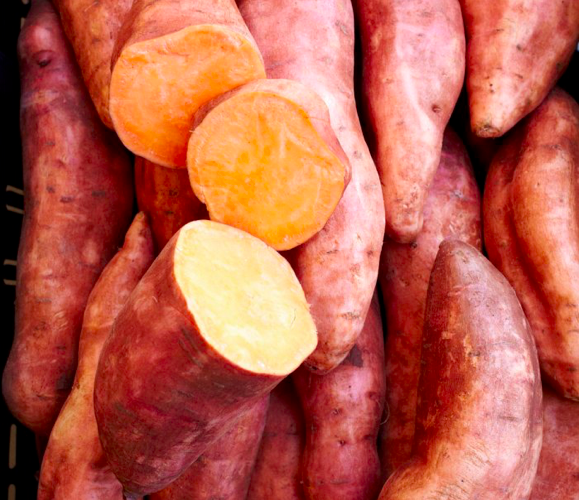
1. Sweet Potatoes
Cancer-causing compounds called free radicals are the enemy when it comes to sun damage, harming not only skin cells but also cells inside the body. One of the best ways to help your body fend off free radicals is by consuming a variety of anti-oxidant-rich foods. An antioxidant is any chemical that can neutralize free radicals, turning them from unstable particles that damage healthy cells into stable particles that are essentially harmless. One of the major antioxidants is beta-carotene. Sweet potatoes are packed to the brim with beta-carotene, so chow down this summer.
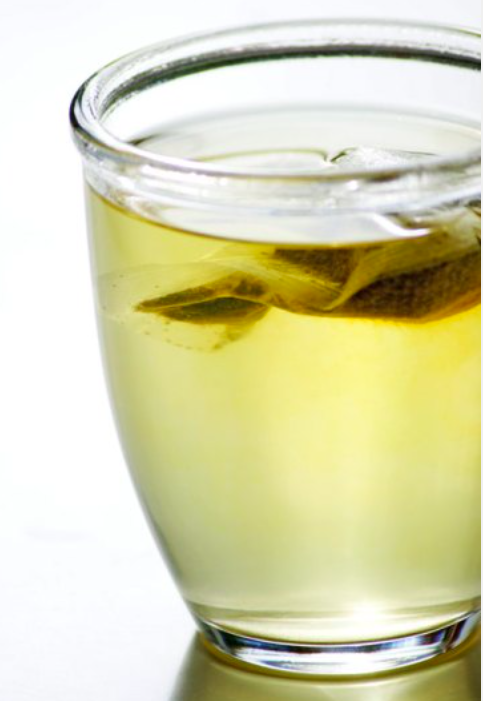
2. Green Tea
Green tea is often applauded for its ability to rev up your metabolism, but it’s also a powerful skin food. Green tea contains a high concentration of catechins, which boast anti-inflammatory, anti-aging, and antioxidant effects that fight off free radicals from the sun. It also contains polyphenols, plant compounds that some studies suggest may be effective in preventing cancer because they limit the blood supply to different areas where cancer can develop. Carrillo explains, “Shy away from bottled, processed teas because the polyphenol count changes once it’s been on the shelf—it’s lower,” warns Carrillo. “Brew fresh tea instead.”
3. Sunflower Seeds
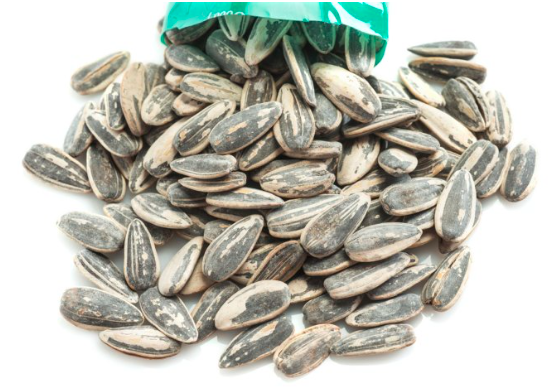
These crunchy little seeds contain the powerful antioxidant vitamin E. 30g of hulled sunflower seeds contain about 10mg of vitamin E, which is about two-thirds of your recommended daily intake. Sprinkle over salads, mix into oatmeal, or eat by the handful. It’s best to get your dose of vitamin E from whole foods, versus supplements, to reap the most benefits. Other potent sources include nuts, eggs, green leafy vegetables, avocados, and whole grains.
4. Tomatoes
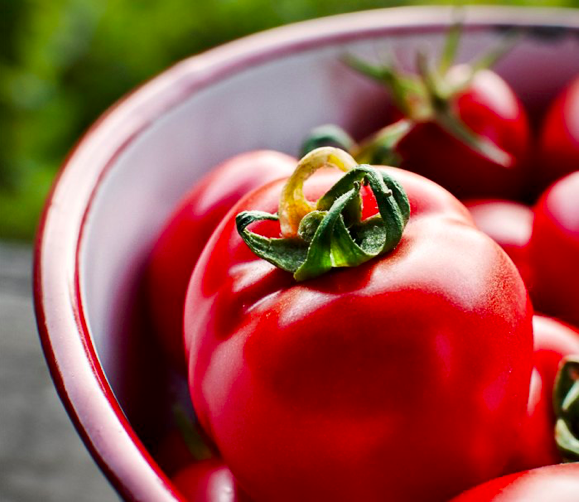
Lycopene is another important antioxidant to have in your diet regularly, especially during the summer, and tomatoes are one of the best sources. As a rule of thumb, the redder the tomato, the more lycopene it contains. Additionally, lycopene is more easily absorbed by your body when the tomatoes have been cooked, so reach for tomato paste, juice, soups, and sauces pre a beach day. Research presented at the Royal Society of Medicine in London found that consuming tomato paste significantly enhanced the skin’s ability to protect itself from harmful UV rays, and also helped reduce redness from sun damage. If you can only eat so many tomatoes in a week, Carrillo suggests watermelon as another great source of lycopene.
5. Salmon
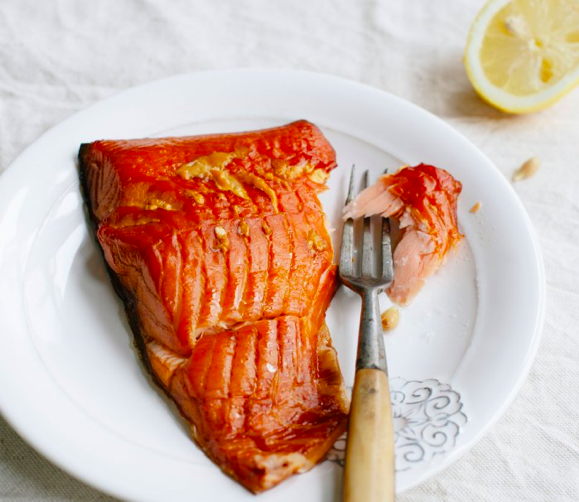
While antioxidant-rich foods are central to protecting your skin against the sun, it’s also important to consume healthy fats. “Foods like salmon, tuna, walnuts, and flaxseed are all good sources of omega-3s and will help maintain that healthy layer of fat underneath the skin and thus prevent skin damage and aging,” says Carrillo.
6. Asparagus
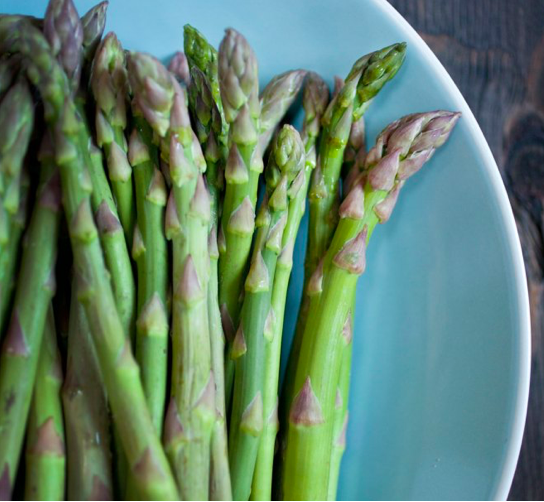
Asparagus is another great source of vitamin E—who knew? The green stalks are one of the most effective foods when it comes to neutralizing cell-damaging free radicals.
7. Water
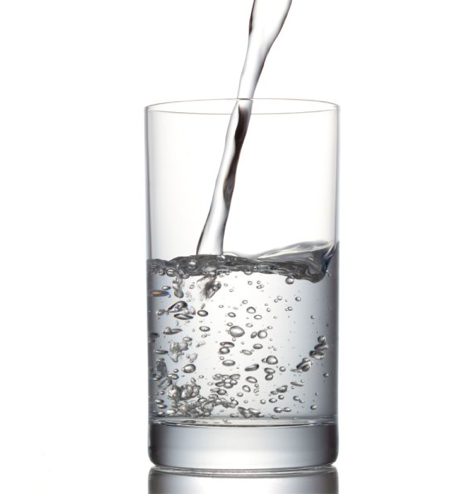
Water, water, and more water. The sun dehydrates you, and dehydrated skin is more sensitive and prone to damage. “Your body is mostly water, so by staying hydrated, you’re making your skin healthier,” explains Carrillo. “It’s going to prevent loss of moisture, which makes skin wrinkly. Good hydration is essential.”








